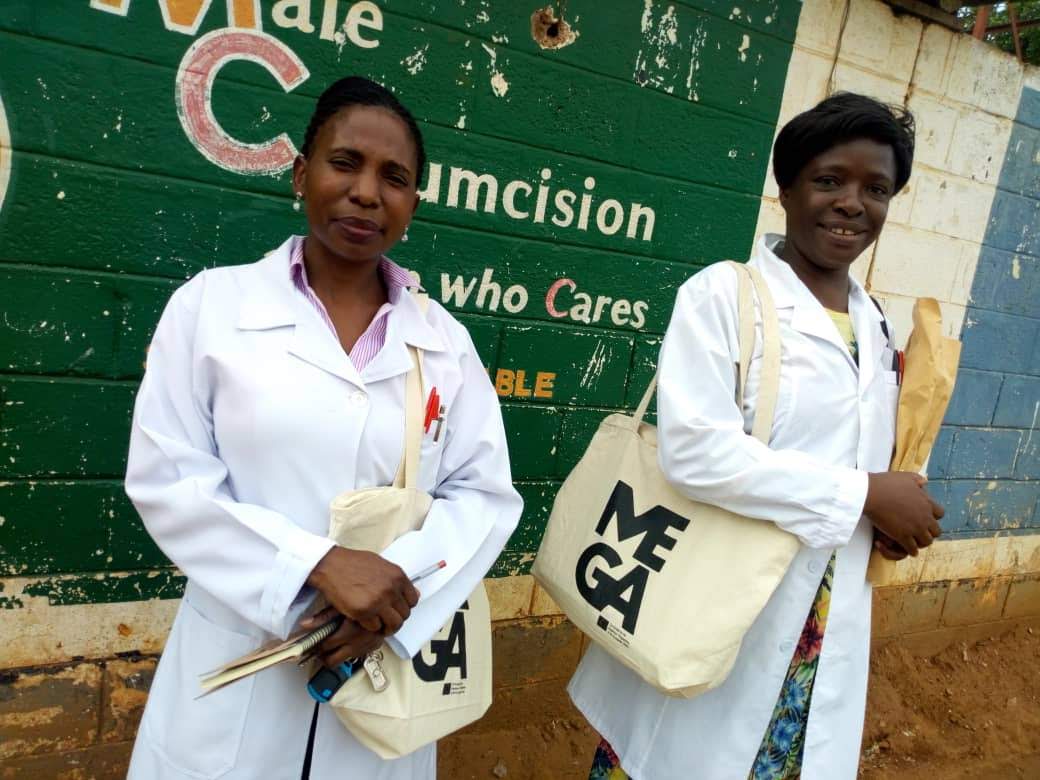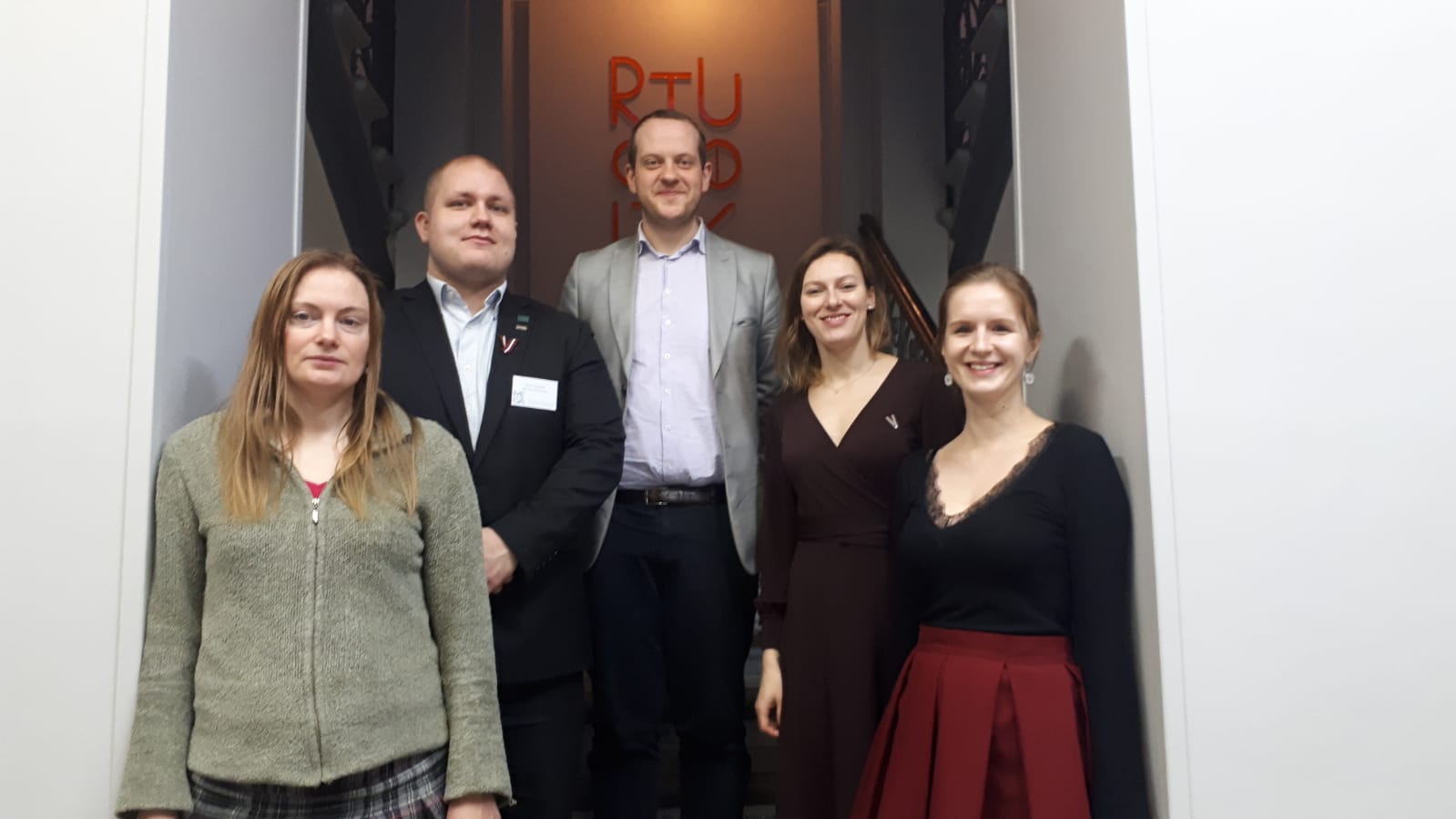
When ethical clearance was obtained from relevant University and National Authorities, Team UNZA embarked on data collection starting with rural health centres in the Central Province of Zambia. The Team split into two pairs to ensure quick coverage of the health centres which are geographically widely spread. As per routine procedure in research studies, permission was obtained from each healthcare centre in the following manner:
“We are kindly requesting your participation in the research study titled “Building Capacity by implementing mhGAP mobile intervention in SADC countries”.
Two questionnaires need to be administered, namely the: Demographic and Mental Health Literacy Scale. Before you decide whether or not to take part in this study, we would request that you read the information sheet on the purpose of this study, benefits, and risks to you, and what is expected of you. If you agree to take part, you will be asked to sign a consent form. Your participation in this study is entirely voluntary; you are under no obligation to participate. You should be aware that the Biomedical Research Ethics Committee of the University of Zambia has approved this study.
The first reaction in most instances was to look at the length of the questionnaire and to compare it with the workload at hand. All potential participants responded by indicating that “two long questionnaires against the long queue of clients/patients waiting to be attended to is difficult to do”. Team A was amazed at the assertiveness of one nurse who requested the researchers to assist with screening the patients while she answered the questionnaire considering that she was the only one present at the Health Centre. The response was almost the same with Team B. Surprisingly once the process started, the response was good, with only a few clarifications and questions raised. The process is yet to be completed in the urban health centres, in Lusaka Province the capital city for Zambia.

